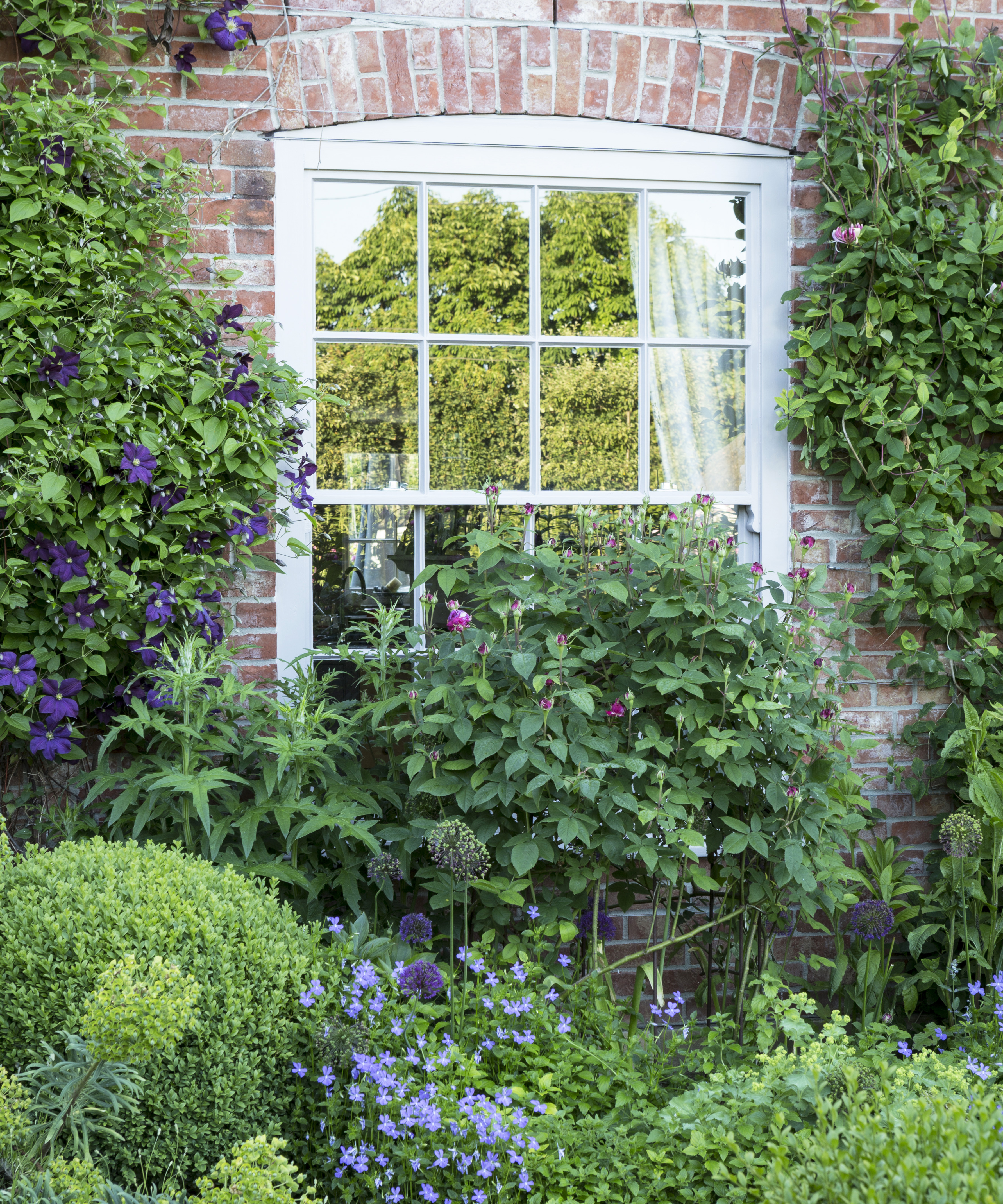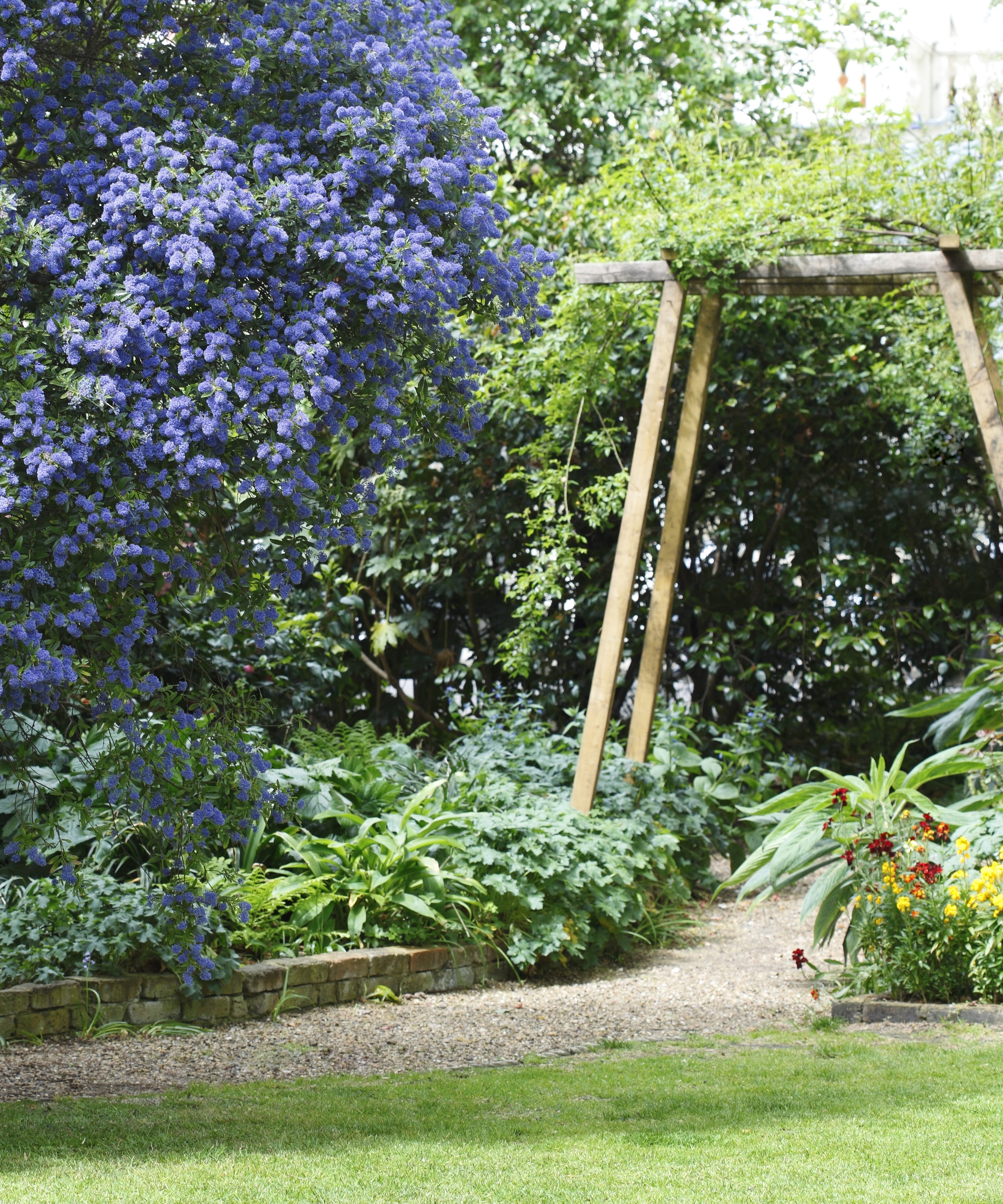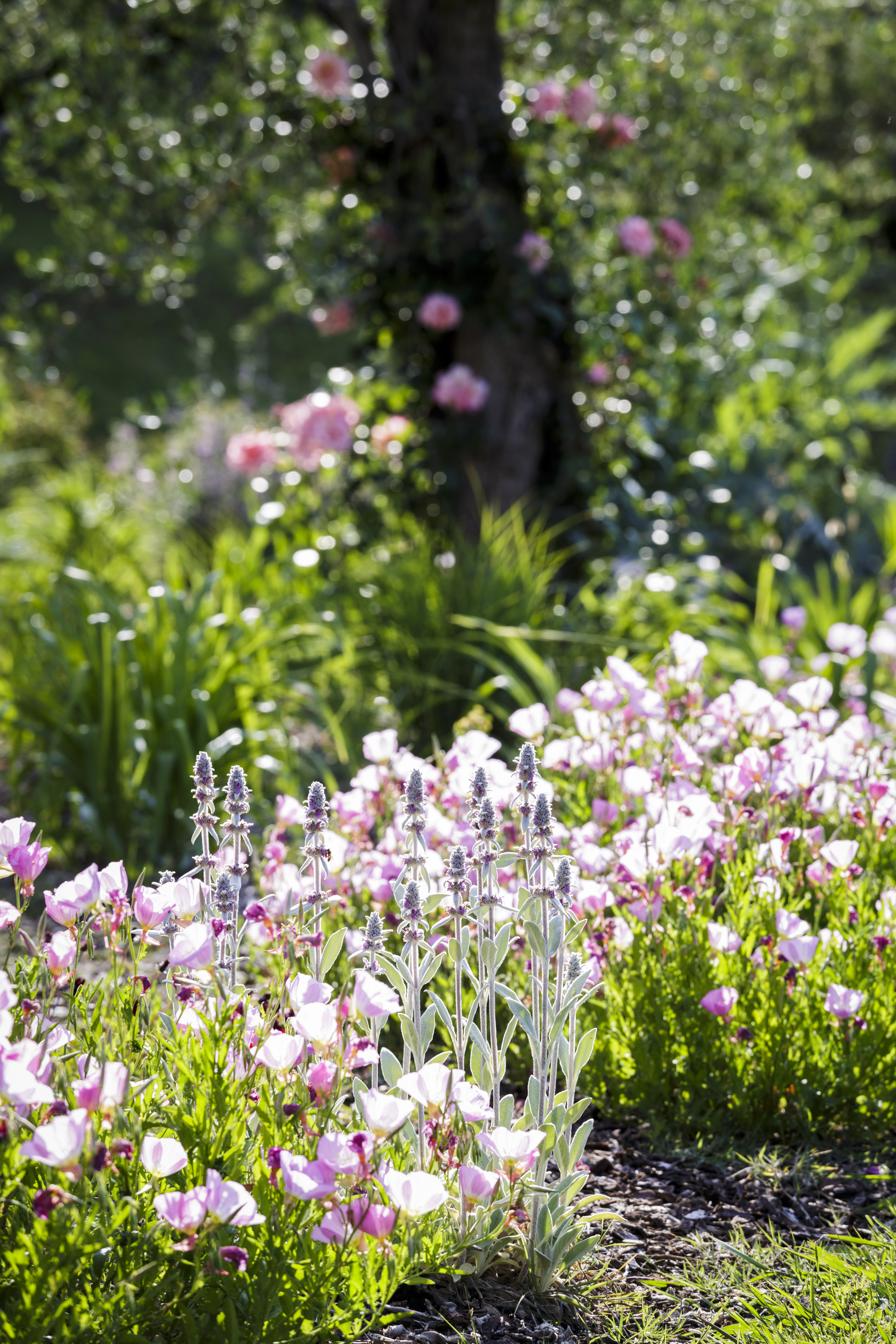Top 5 planting mistakes we're making – and expert tips on how to solve them
George Plumptre and other gardening experts offer their advice on planting mistakes – step away from your spade until you hear what they have to say


Spring has officially sprung, and many of us are already getting green-fingered in our gardens. However, before we begin preparing our backyards for the season ahead, we're taking notes from individuals at the very top of the gardening world who explain the five most common planting mistakes – and how to avoid them.
Be warned: these experts ask us to resist the temptation to fill our gardens with our favorite plants... but as hard as it is to hear, they have convinced us that it is better in the long run.
See: Small garden ideas – clever designs for maximizing a compact gardening space
1. Not planting for visual consistency

'Many plant-lovers choose one of each plant they love, but the resulting garden will have a hodge-podge appearance without much visual structure or order. It would be better to edit the garden to include fewer plants,' advises Jody Estes, Principal, and co-founder of Wittman Estes, a Seattle-based architecture and landscape firm.
While this tip is hard to hear, Jody is not exclusive in his argument, as the celebrated author and the UK's National Gardens Scheme CEO George Plumptre further emphasizes the importance of primarily choosing a plant, not for its aesthetic value, but for how it suits your soil.
'This is more common with certain trees and shrubs than perennials, but if you plant something that needs acid soil on a chalky ground it will always struggle and probably die,' George adds.
See: Garden trends – all the latest looks and new ways to garden
Design expertise in your inbox – from inspiring decorating ideas and beautiful celebrity homes to practical gardening advice and shopping round-ups.
2. Putting in too many plants

We are all guilty of feeding the urge to fill every corner of our gardens with color; both George and Jody warn against grouping too many plants together, as it leaves your garden looking sparser over time. George suggests that planting too many plants too close together is 'the result of impatience', before adding how 'a year or two later, 50% get taken out and destroyed. Plant with sensible gaps and be patient.'
Jody reiterated George's caution, only urging us not to plant too close to our homes: 'People often plant shrubs too close to the house,' she shares.
'In a short time, these shrubs will grow and block windows, which in turn will block the natural light and views.'
3. Not accounting for tree canopies and pathways

Similarly, George and Jody remind us to consider the plants' positions in terms of their impact on our garden pathways and where they sit under the canopy of a tree.
'People often plant trees too close to walkways, not realizing how large the tree will grow, how wide the branches will stretch, and how much shade the tree will create,' Jody shares.
George also prompts us to consider the placement of not only trees but also border plants that are frequently put in the wrong place.
'It sounds simple, but it's amazing how many people plant a border or other area with tall plants at the front and small ones at the back. You need to find out the size and height a plant will grow to and position it accordingly,' he explains.
See: Garden path ideas – create a beautiful walkway with the right materials, edging and plants
4. Planting large shrubs in front of smaller perennials

The experts encourage us to take time to plan the position of each plant in order for them to harmonize alongside each other as 'good neighbors.'
'You need to plan to plant in groups, not just individual plants,' George says.
'This can lead to inappropriate, unfortunate, clashing of shouty or otherwise unsuitable neighbors. Good plant combinations, or plant association, is the key to successful design with plants – and we all know when we see it,' he shared.
Focusing even more specifically on shrubs and perennials, Jody affirmed George's advice, noting how many people forget to take 'plant growth into account in a garden bed. In time, a shrub planted near the front of the bed will block the view of the smaller perennial behind,' she adds.
See: Companion planting – your ultimate guide
5. Choosing high-maintenance plants

We have all fallen victim to the beauty of high-maintenance plants; however, as George and Jody argue, these blooms involve an unending amount of care and maintenance, which, when neglected, can look uncared for and have a negative influence on the rest of your exterior space.
'Like people, plants can be very needy, demanding, and high-maintenance. Unless constant care and attention is your kind of gardening, it is better to stick with reliable performers that get on with it without a lot of fuss,' George shares.
Jody further reminds us to choose at least some evergreen species that will continue to fill your garden with greenery beyond the brighter months.

'Many people choose plants that have beautiful flowers without taking into account bloom times and other seasonal attributes, too. This potentially leaves them with no flowers in late summer and just bare branches in winter,' Jody adds.
See: Garden edging ideas – for neat, tidy and decorative borders
Now that we're armed with these expert tips, we're almost all good to go. All we need now is a day sunny enough to spend hours outdoors.

Megan is the Head of Celebrity Style News at Homes & Gardens, where she leads the celebrity/ news team. She has a history in interior design, travel, and news journalism, having lived and worked in New York, Paris, and, currently, London. Megan has bylines in Livingetc, The Telegraph, and IRK Magazine, and has interviewed the likes of Drew Barrymore, Ayesha Curry, Michelle Keegan, and Tan France, among others. She lives in a London apartment with her antique typewriter and an eclectic espresso cup collection, and dreams of a Kelly Wearstler-designed home.